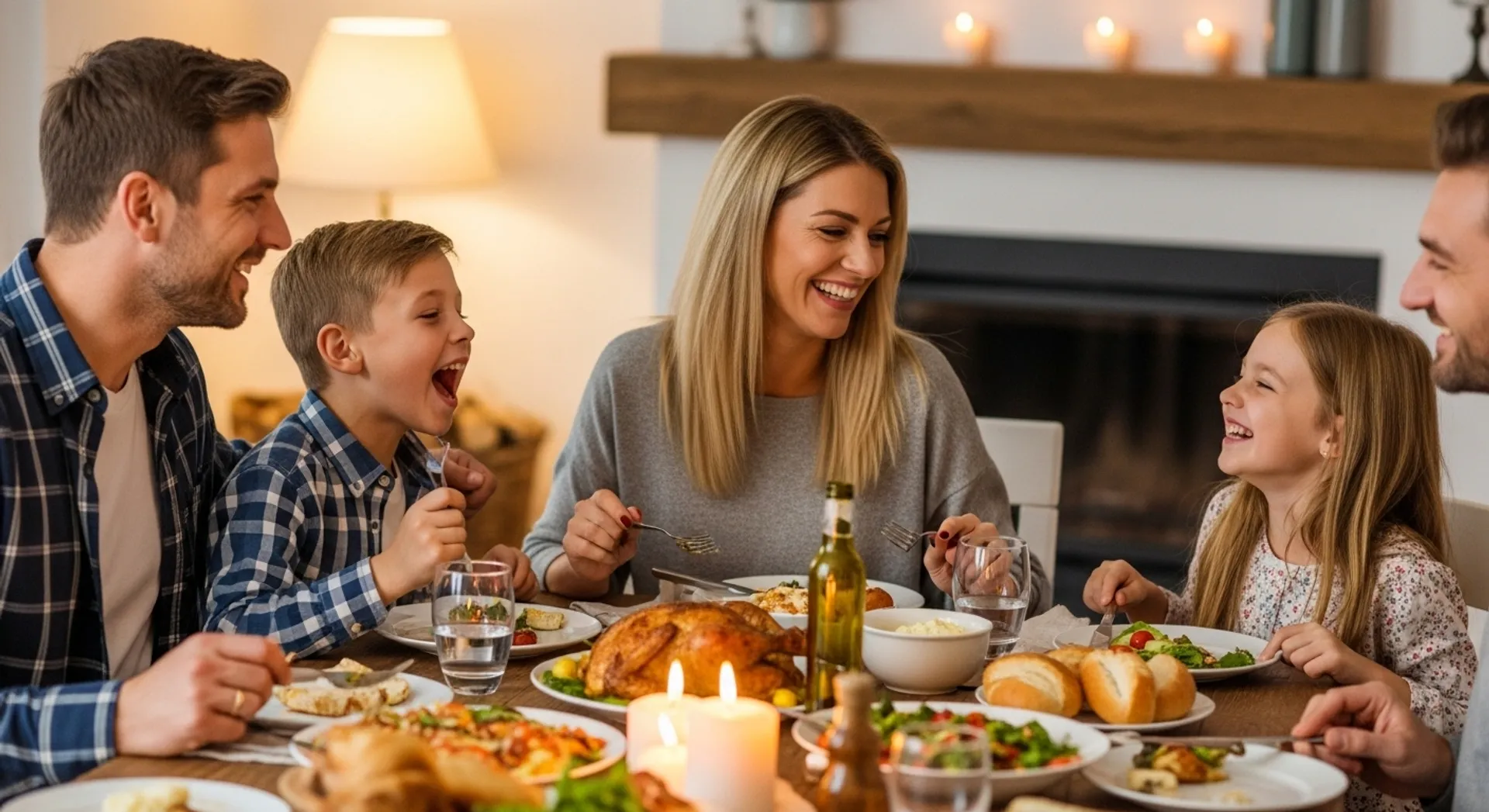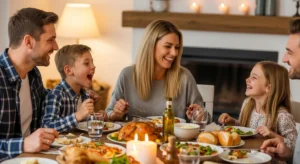What Defines a Trad Family Lifestyle?
At its core, a trad family lifestyle emphasizes traditional roles within the household. This can mean one parent — often the mother — stays home to manage childcare and homemaking, while the other works outside the home. Families may also prioritize larger family sizes, religious faith, structured routines, and community support systems.
But today’s trad families aren’t simply copying the 1950s. Instead, they are blending old-fashioned values with modern conveniences. For example, a mom might stay home and homeschool but still run an online side business. A dad may work remotely, giving him more presence in daily family life. This combination of tradition and technology creates a unique hybrid model that feels both nostalgic and forward-thinking.
Why the Trend Is Growing in 2025
Several cultural and economic factors explain the rise of trad families in recent years:
- Uncertainty in Modern Society: With economic pressures, global instability, and cultural shifts, some families find comfort in traditional values that emphasize stability and family cohesion.
- Technology Overload: Concerns about screen time and social media exposure are fueling a return to outdoor play, family dinners, and faith-based values. Psychologists like Jonathan Haidt have warned about the impact of tech on kids’ mental health.
- Homeschooling Growth: Post-pandemic, homeschooling has become mainstream. Many trad families see it as an opportunity to teach values alongside academics.
- Desire for Community: Trad families often build close-knit communities around churches, local businesses, and shared parenting practices.
What Trad Families Value Most
Faith and Spirituality
Religion is often central to trad families. Weekly church services, prayer, and faith-based education form the foundation of daily routines. For parents, it’s less about rigid doctrine and more about passing down values of kindness, service, and purpose.
Family Size and Structure
Larger families are more common in the trad lifestyle. Parents often say they find joy in sibling bonds and teaching kids responsibility through shared chores. This structure, while demanding, also provides built-in support networks within the household.
Homemaking and Simplicity
Homemaking has been reframed as a form of intentional living rather than outdated duty. From sourdough baking to home gardens, trad families embrace DIY skills to reduce reliance on consumer culture. These choices align closely with the broader healthy living and sustainability movements.
Community Connection
One of the most appealing aspects of the trad family lifestyle is its emphasis on community. From organizing potlucks to supporting local businesses, families find strength in shared values. This community focus can counter the loneliness many parents feel in modern society.
Pros and Cons of a Trad Family Lifestyle
The Pros
- Stability: Clear roles and routines provide children with predictability and security.
- Stronger Family Bonds: Family-first priorities mean more shared meals, conversations, and traditions.
- Resilience: Skills like cooking from scratch or gardening help families become more self-sufficient.
The Cons
- Financial Pressure: Single-income households may face challenges in today’s economy.
- Gender Role Concerns: Critics argue trad lifestyles may reinforce outdated gender expectations.
- Isolation Risks: Families who homeschool or withdraw from mainstream activities may feel socially isolated if not balanced with community involvement.
Trad Families in the Media
Trad families have been gaining media attention as well. Outlets like The Guardian have profiled these communities, sparking both curiosity and controversy. Social media platforms are also filled with hashtags like #TradWife and #TradFamily, where influencers showcase modest fashion, homemaking, and faith-centered routines.
Is the Trad Family Lifestyle Right for You?
Adopting a trad family lifestyle doesn’t have to mean rejecting modern life altogether. It can be as simple as setting aside nightly family dinners, reducing screen time, or incorporating faith-based traditions into your week. For others, it may mean homeschooling, attending church regularly, or committing to large family living.
The key is balance. Families should feel empowered to take what works — whether that’s structure, community, or faith — without feeling pressured to adopt every aspect of the trad lifestyle. At its best, it’s about building an intentional family life that supports long-term happiness and resilience.
Final Thoughts
The resurgence of trad family lifestyles in 2025 highlights a cultural desire for simplicity, stability, and stronger family values. While it isn’t for everyone, the lessons it offers — like intentional parenting, reliance on community, and prioritizing faith and family — resonate with many modern parents. Whether you fully embrace it or simply borrow aspects, the trad family lifestyle is a reminder that family-first living never really goes out of style.





